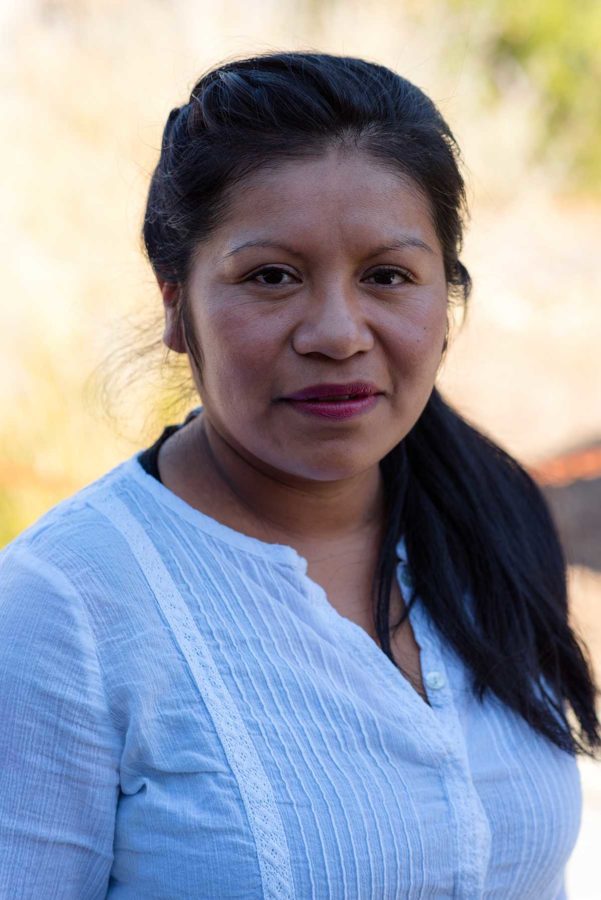The High School Equivalency Program/College Assistance Migrants Program National Association awarded Margarita Garcia, 33, the Student Champion Award and a $300 scholarship Oct. 19 in Tampa, Florida.
She attends college, but not because her parents expect her to – no one expected her to have an education. After emigrating to the U.S. from Mexico 13 years ago, she worked cleaning houses and picking grapes. “All the time I had my dream to study,” Garcia said.
Despite raising two children and working, Garcia was determined to learn. In 2014 she started taking general education classes at Santa Rosa Junior College and, upon referral from an instructor, joined HEP.
“I feel really happy to get there,” Garcia said about the award. “It motivated me to continue.” Out of more than 7,000 students in HEP nationwide, the organization chose her to receive the award.
A renewable federal five-year grant funds HEP to help migrant agricultural workers receive a high school level education. “I believe the mission is to help these families settle down in one location and have a job more stable to help raise kids in a stable environment,” said HEP coordinator Beatriz Camargo.
SRJC received its first federal grant for HEP in 2012 and promotes education mainly toward agricultural workers in Marin, Mendocino, Napa and Sonoma counties.
Although HEP provides educational support and financial aid for books, exams and supplies, Garcia works endlessly to attain an education while raising a family. “I never have free time,” she said.
She attends classes morning and evening, makes lunches for her family and helps her children with their homework at night. Her husband, Alex Carrada, is also a HEP student but often has to study at home because of work constraints.
Garcia plans to return to her hometown of San Jose, Zaragoza in Mexico to teach English and math as well as preschool and kindergarten.
“She is dedicated to helping others to learn like she is,” said HEP recruiter Enedina Vera.
“We can’t talk about education in the fields,” Garcia said. “They tell us to stop; we have only one job there.” She now frequently volunteers advocacy for HEP. “When I get help from HEP I get excited and want to help other people,” she said.



